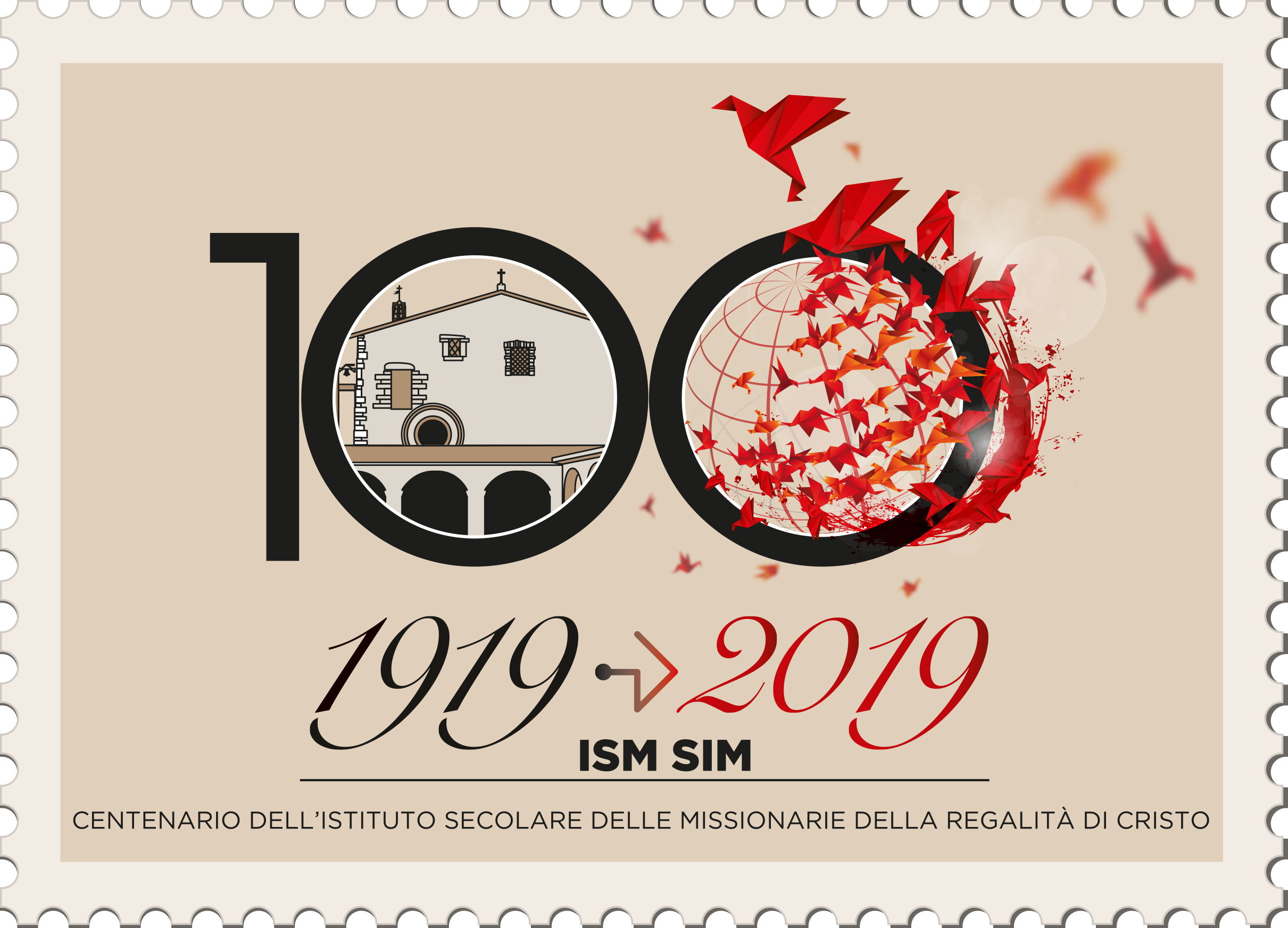 The missionary of the Kingship of Christ partakes in the charism that the Spirit has given to the Church through Saint Francis and Saint Clare and belongs to the Franciscan family.
The missionary of the Kingship of Christ partakes in the charism that the Spirit has given to the Church through Saint Francis and Saint Clare and belongs to the Franciscan family.
Following the example of Francis and Clare, she undertakes to live the Holy Gospel “sine glossa”. She leads a moderate, joyful, essential and solidarity-prone life style, with the men and women of her time, she collaborates for a just world and for safeguarding creation. Contemplating the incarnation of Christ, she learns to recognize and adore the Trinitarian Mystery present and acting in the world and in history.
An attitude of prayer and thanksgiving characterizes the life of the Missionary who, like Francis, recognizes in creation the signs of the Creator so she may bless forever “the most High, All Powerful, Good Lord”.
As a Franciscan, she looks for the signs of God’s presence everywhere; in the ambiguity of the events of history, in hers and others’ limits, in the poor, in the sick, in the marginalized, in foreigners, in inmates, in sinners…. In minority and simplicity, she shares joy and peace, becoming a sign of hope.
From the love of Christ, poor and crucified, she learns to serve every man and woman as brothers and sisters; she shares in the situation of those that have no privileges; she tries to be faithful to the Word of God challenging daily life also accepting to become a sign of contradiction or the object of misunderstanding.
Being lay

Today’s history challenges us to make choices and not be neutral. With the rest of humankind, we keep a dream: living nonviolent interpersonal and communitarian relationships with justice and fraternity.
Being lay, we share everybody’s journey, being concerned of the others’ hardships and transforming their situations into blessing.
“Being lay is an intrinsic dimension of Christian life”[1]: it expresses the grateful awareness of belonging to humankind and being part of the plan of salvation through creation, Incarnation and Easter. … Being lay means to love the world and respect the rightful autonomy of created realities.
“If by the autonomy of earthly affairs we mean that the created things and societies themselves enjoy their own laws and values which must be gradually deciphered, put to use, and regulated by men, then it is entirely right to demand that autonomy. Such is not merely required by modern man, but harmonizes also with the will of the Creator. For by the very circumstance of their having been created, all things are endowed with their own stability, truth, goodness, proper laws and order. Man must respect these as he isolates them by the appropriate methods of the individual sciences or arts. (G.S. 36)
Therefore, being lay means loving the world, respect for “the rightful autonomy of created realities”, passion for the construction of “the town of mankind”, being aware that this is the place where the kingdom is realized.
_____________________________
[1] L. Serenthà e A. Carguel “La laicità e il laico: coordinate teologico-sistematiche della riflessione”
